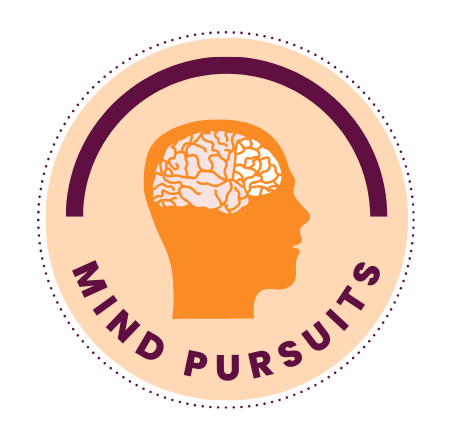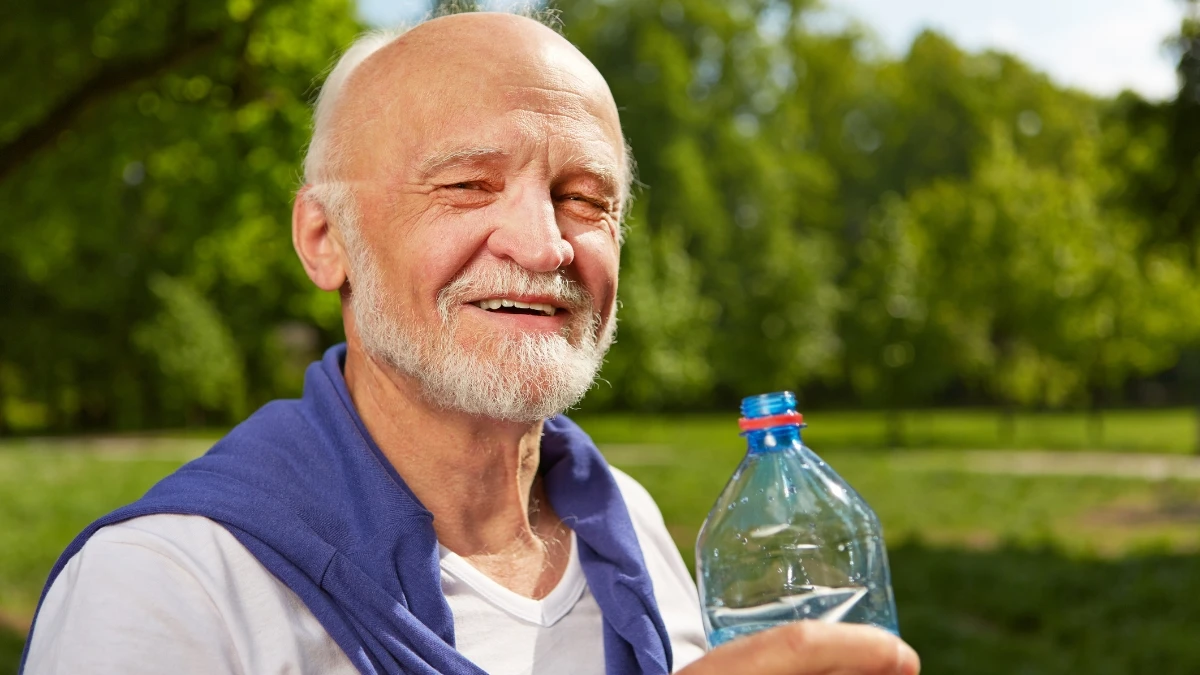Staying hydrated isn’t just about drinking water; it’s about doing it right. After 50, your body’s hydration needs change, and small mistakes can lead to fatigue, joint discomfort, or even long-term health issues. Many common habits, like relying on thirst or skipping electrolytes, can silently harm your well-being. This isn’t about drinking more, it’s about hydrating smarter.
From avoiding hydration pitfalls in winter to managing the effects of caffeine and alcohol, every detail matters. If you’re ready to feel better, think sharper, and stay healthier, it’s time to uncover the lesser-known hydration mistakes that could be holding you back, and learn what to do instead.
1. Relying Solely on Thirst to Hydrate
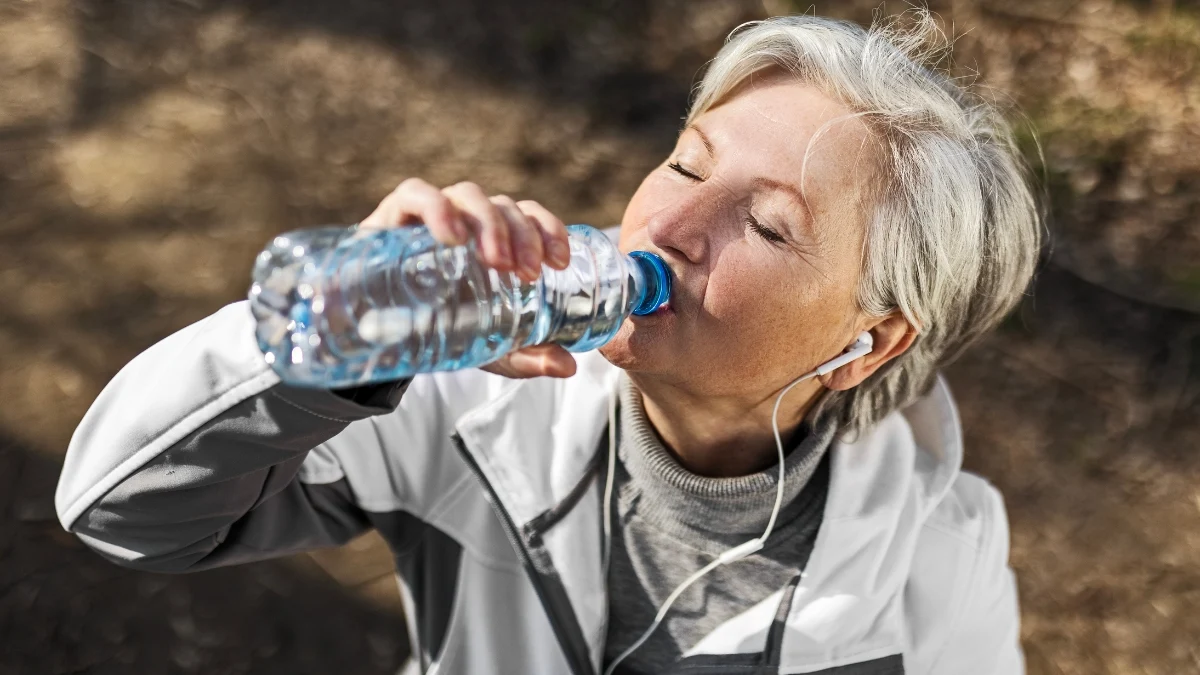
Many people believe thirst is the ultimate indicator of hydration, but that’s not entirely true. After 50, the body’s ability to sense thirst diminishes, leaving you at risk of dehydration before realizing it. By the time you feel thirsty, your body might already be in a mild state of dehydration. This can lead to fatigue, headaches, and even joint discomfort.
Instead of waiting for thirst, make hydration a proactive part of your daily routine. Create a schedule to sip water throughout the day, even when you don’t feel like it. Pay attention to the color of your urine as a more reliable indicator, it should be pale yellow, not dark.
Incorporate water-rich foods like cucumbers, melons, and oranges into meals to boost hydration naturally. Staying ahead of thirst is especially crucial during physical activity or hot weather. Don’t wait until it’s too late, start small but consistent changes to keep your body properly hydrated.
2. Overlooking Hydration Before and After Sleep
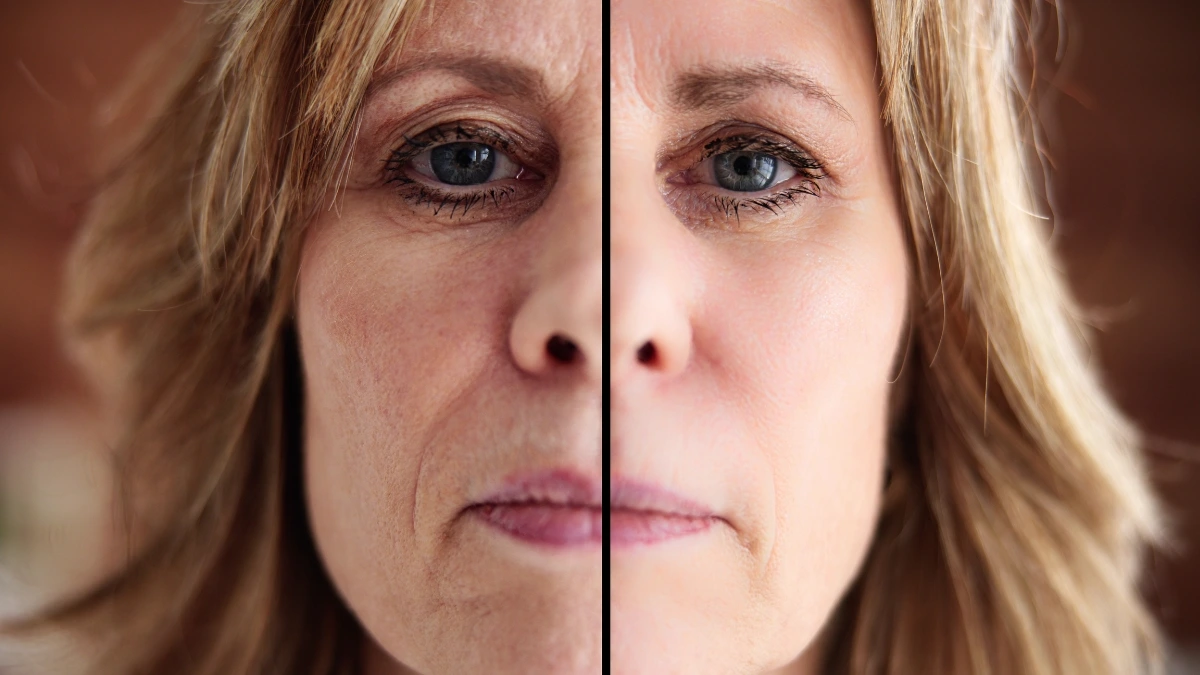
Hydration needs don’t pause when you’re sleeping. As you rest, your body loses water through respiration and sweating. For older adults, this can exacerbate existing hydration challenges. Waking up thirsty or with a dry mouth often signals that your body is running low on fluids.
Drinking a small glass of water before bed helps replenish lost fluids and supports your body’s recovery processes overnight. However, avoid drinking too much water late at night to prevent sleep disruptions. After waking up, rehydrate as part of your morning routine. Start your day with a glass of room-temperature water to kickstart metabolism and rehydrate cells after hours of fluid loss.
If plain water feels monotonous, a slice of lemon or cucumber can add flavor without unnecessary sugar. Small adjustments like these can ensure your body remains balanced during critical recovery hours.
3. Ignoring Hydration While Taking Medications

Many medications, including diuretics, laxatives, and antihistamines, increase the body’s fluid loss. Skipping proper hydration while on these medications can lead to side effects like dizziness, fatigue, or even kidney strain in extreme cases. Older adults, who are often on multiple medications, are particularly vulnerable to this issue.
To counteract this, always read your prescription details and consult your doctor about the hydration requirements for your medications. It’s helpful to time water intake around when you take your pills, having a glass of water with each dose can serve as a reminder to stay hydrated.
Some medications also affect electrolyte balance, so be mindful of symptoms like muscle cramps or irregular heartbeats, which may signal an imbalance. Staying hydrated while addressing the specific needs of your medication routine ensures your body remains supported without unnecessary risks.
4. Assuming All Fluids Are Hydrating

Not all liquids contribute to proper hydration. Many people believe that beverages like coffee, tea, or sugary sodas are adequate substitutes for water, but these can sometimes have the opposite effect. Caffeinated and sugary drinks may actually dehydrate your body, especially when consumed in large amounts.
Prioritize drinks that genuinely hydrate. Plain water remains the gold standard, but herbal teas or infused waters are great alternatives if you crave variety. Avoid relying heavily on juices or energy drinks, as they are often loaded with hidden sugars.
Instead, choose fluids that nourish your body without unnecessary additives. Staying mindful of what you drink ensures your body gets the hydration it needs without added stress from dehydration culprits.
5. Skipping Electrolytes When Increasing Water Intake
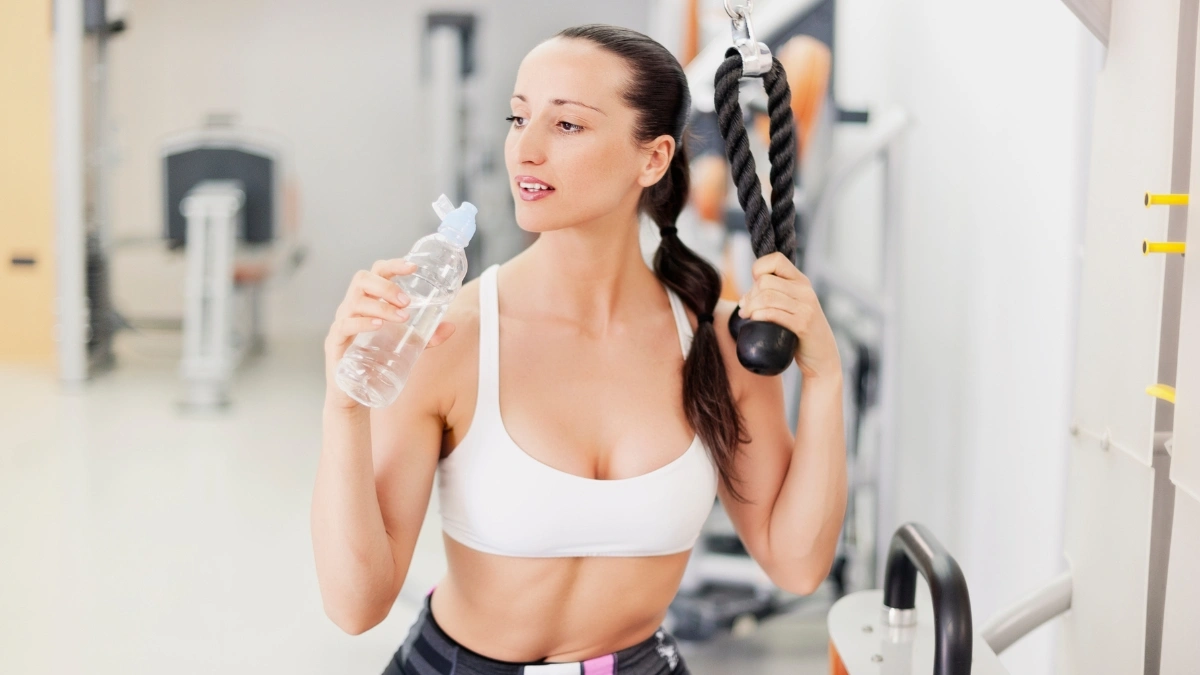
Drinking excessive water without replenishing electrolytes can cause an imbalance that disrupts essential bodily functions. Electrolytes like sodium, potassium, and magnesium regulate hydration, nerve signaling, and muscle function. Without them, you risk symptoms such as muscle weakness, dizziness, or irregular heart rhythms.
To maintain balance, supplement your hydration routine with electrolyte-rich foods or drinks. Bananas, spinach, avocados, and coconut water are excellent natural sources. For those who exercise or sweat heavily, an electrolyte drink may be necessary. However, opt for low-sugar options to avoid unnecessary calories.
Pay attention to how your body feels after increasing water intake, unexplained fatigue or cramping might signal an electrolyte deficiency. A balanced approach to hydration ensures your body functions optimally without unintended side effects.
6. Using Caffeinated Beverages as a Main Source of Hydration
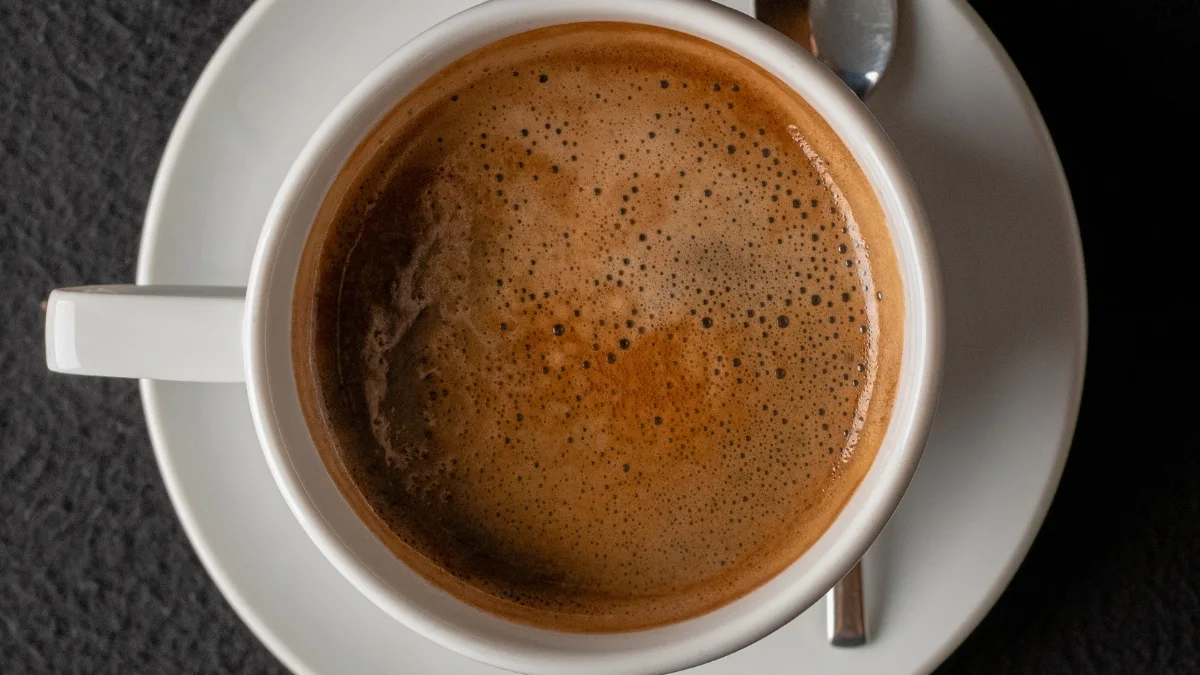
Relying on coffee, tea, or energy drinks for hydration can backfire. While they do contain water, the caffeine in these drinks acts as a mild diuretic, prompting the body to lose fluids faster. Over time, this can leave you dehydrated without realizing it, especially if you’re drinking them throughout the day.
Instead, treat caffeinated beverages as occasional treats rather than your main fluid intake. For every cup of coffee or tea, balance it with a glass of water. This ensures you replenish what might be lost due to the diuretic effect. If you’re trying to reduce caffeine, herbal teas or decaffeinated options can be great alternatives.
It’s also worth noting that caffeinated sodas or energy drinks often come with added sugars, which contribute little to hydration and may harm overall health. A balanced approach to hydration ensures caffeine stays enjoyable without compromising your body’s fluid levels.
7. Neglecting Water-Rich Foods in Daily Diet

Drinking water isn’t the only way to stay hydrated. Many foods, especially fruits and vegetables, have a high water content and can supplement your hydration needs. Skipping these foods in your meals means missing out on both hydration and essential nutrients.
Incorporate options like cucumbers, tomatoes, zucchini, and bell peppers into salads and snacks. Fruits like watermelon, oranges, and strawberries also offer a refreshing way to stay hydrated while adding flavor and natural vitamins to your diet.
Soups, broths, and smoothies can also boost hydration while being nutritious and satisfying. Making small changes like these ensures you’re not relying solely on drinks to meet your body’s fluid needs. It’s an easy way to nourish your body while staying hydrated without extra effort.
8. Not Adjusting Water Intake for Decreased Physical Activity
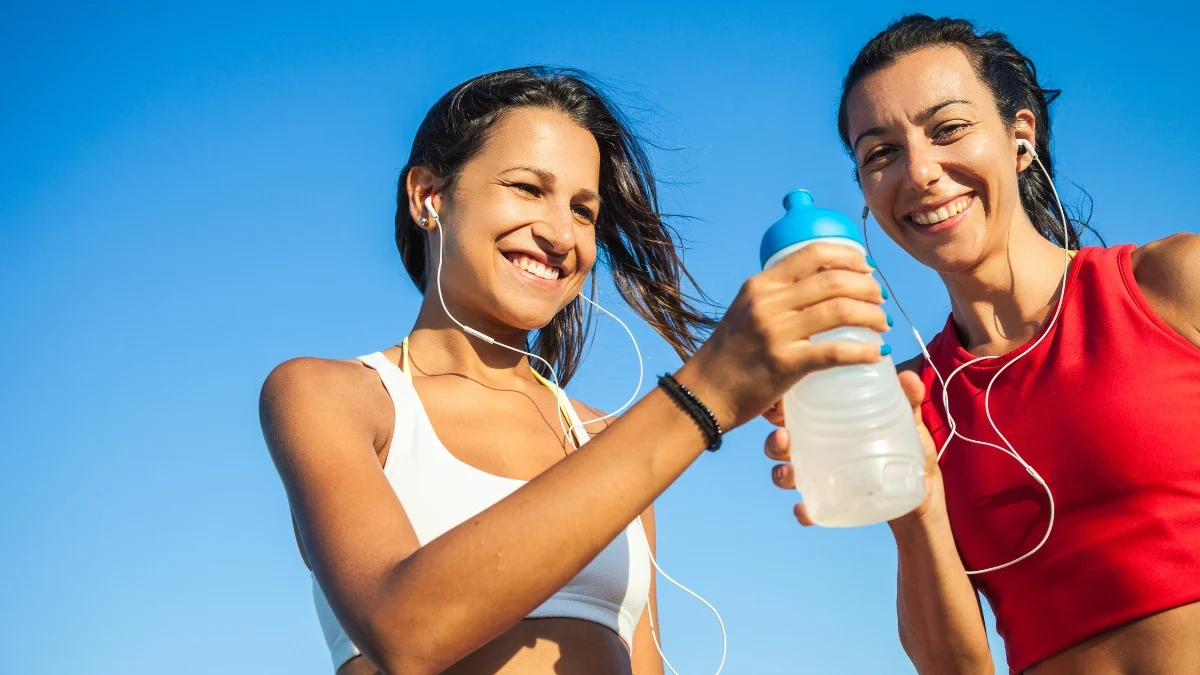
Many people reduce their physical activity as they age, but hydration needs shouldn’t take a backseat. Even with less movement, the body still loses water through normal processes like breathing and digestion. Ignoring hydration simply because you’re less active can lead to symptoms like fatigue or joint stiffness.
Instead of cutting back on fluids, adjust your intake to match your lifestyle. Even light activities like gardening, walking, or yoga require proper hydration. Listen to your body, especially if you feel sluggish or experience dry skin.
Pair hydration with balanced meals to maintain energy levels throughout the day. For sedentary days, sipping smaller amounts consistently is key. Staying hydrated ensures your body remains energized and your metabolism functions well, no matter your activity level.
9. Overhydrating Without Considering Salt Balance
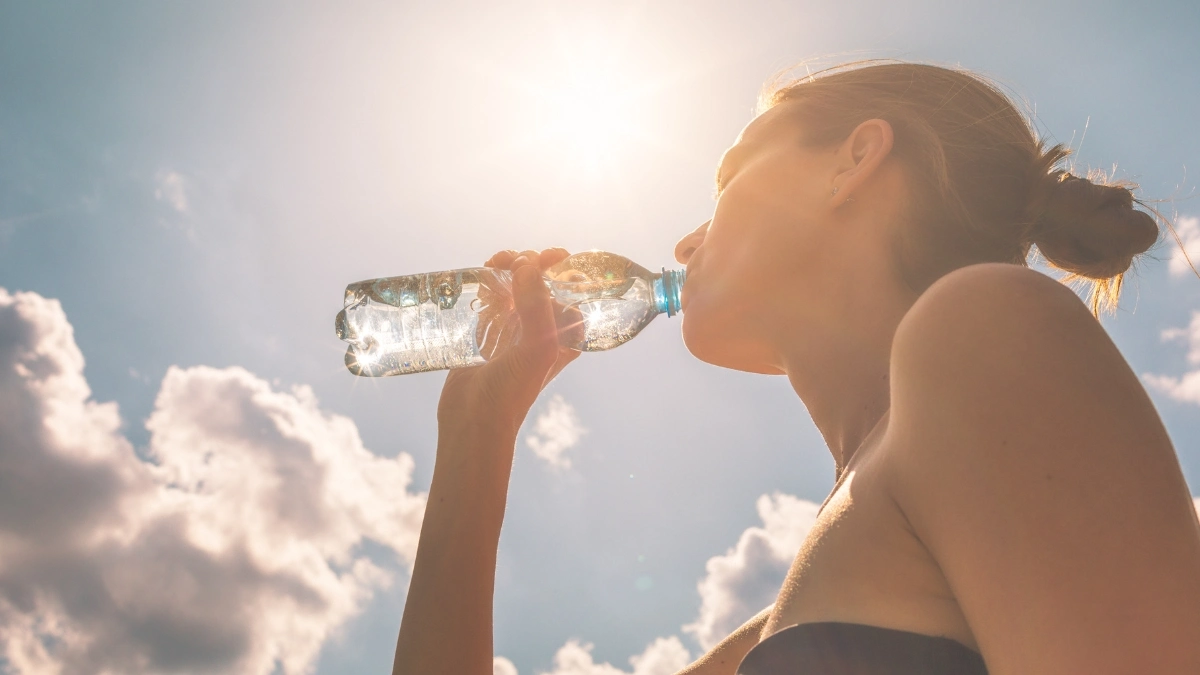
Drinking too much water without considering salt levels can upset your body’s electrolyte balance. Sodium is critical for maintaining hydration, nerve function, and blood pressure. Excessive water dilutes sodium levels, leading to a condition called hyponatremia. This can cause nausea, headaches, and confusion.
To avoid this, balance water intake with your body’s salt needs. Include naturally salty foods like nuts, seeds, or pickles in moderation, especially after intense sweating or workouts. Electrolyte supplements can also help if you’re consuming large amounts of water.
Pay attention to signs like bloating or fatigue, as they might indicate an imbalance. Hydration is about quality, not just quantity. Ensuring your salt levels stay stable protects you from overhydration risks.
10. Drinking Large Amounts of Water at Once Instead of Sipping Throughout the Day

Chugging water in one go might seem convenient, but it’s not efficient for staying hydrated. The body can only absorb so much water at a time. Drinking too much at once often results in frequent trips to the bathroom, flushing out essential nutrients along the way.
Spacing your water intake throughout the day is more effective. Keep a reusable bottle nearby and sip periodically, even if you’re not feeling thirsty. This allows your body to absorb water gradually and keeps hydration levels steady.
Timing matters too, drink a glass before meals or during breaks to build the habit naturally. Avoid waiting until you’re extremely thirsty, as this often leads to overdrinking in a single session. Consistent hydration is a small but impactful way to support your overall well-being.
11. Forgetting to Hydrate During Winter Months
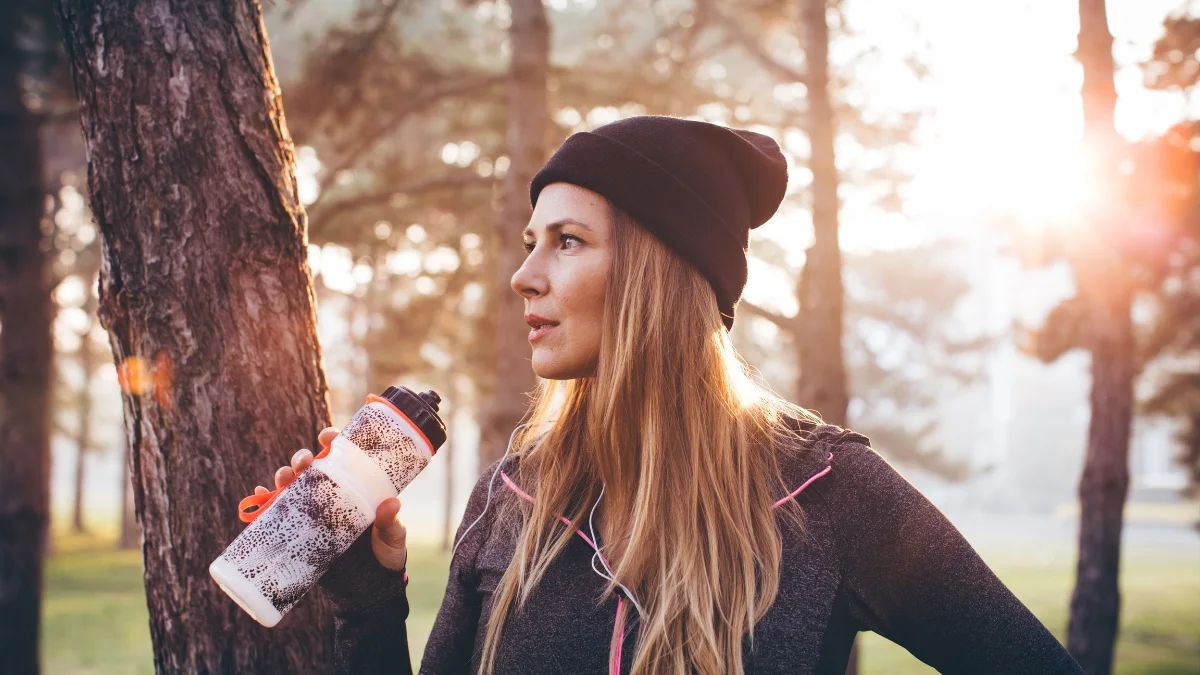
Hydration often slips off the radar during colder months. Unlike summer, where heat reminds us to drink, winter’s chill can dull the sensation of thirst. Dry indoor heating and cold air outside can dehydrate your body faster than you might expect.
To stay hydrated, make it part of your daily routine, regardless of the season. Warm beverages like herbal tea or infused hot water with ginger can encourage you to drink more during winter. Soups and broths are excellent hydrating options that also provide warmth and nutrients.
Keep a bottle of water visible, even when you’re less thirsty, as a reminder to sip regularly. Remember, the cold doesn’t eliminate your hydration needs, it only hides them. Staying consistent with fluids ensures your skin, joints, and energy levels don’t suffer.
12. Drinking Ice-Cold Water That May Stress the Digestive System
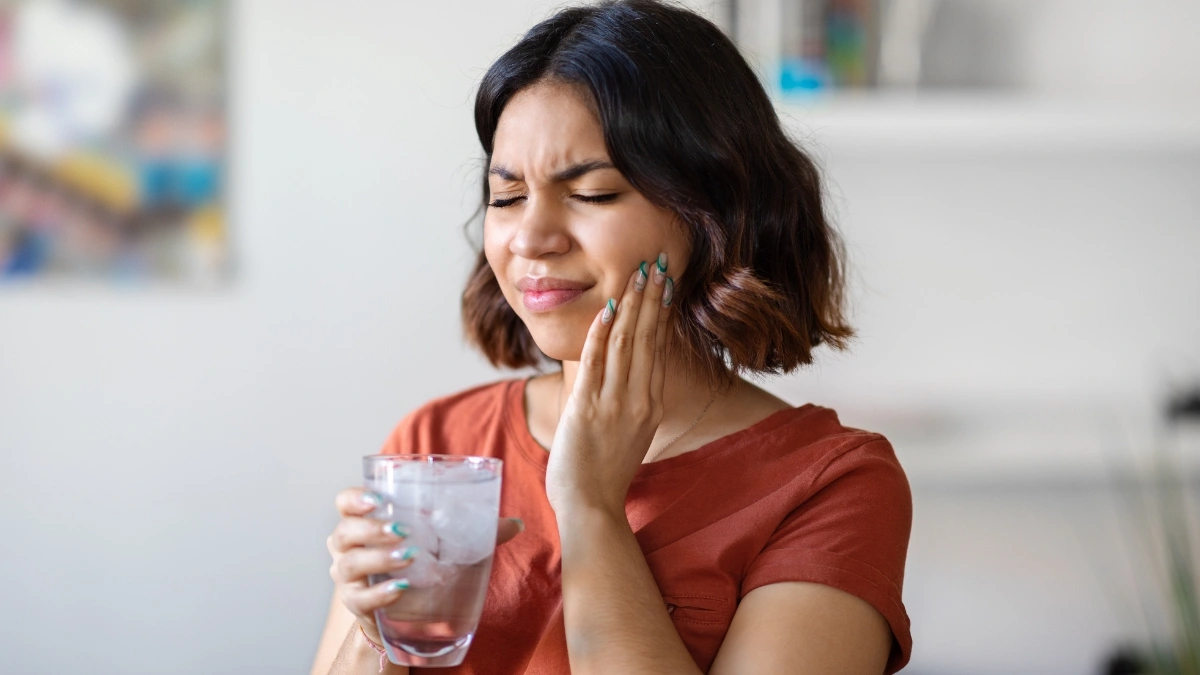
Icy water might seem refreshing, but for some, it can shock the digestive system and slow metabolic functions. This is especially true as the body works harder to bring the cold liquid to body temperature, which can leave you feeling sluggish or bloated.
Switch to room-temperature or lukewarm water for a gentler alternative. These temperatures are easier for your body to process and may even aid digestion. If you enjoy cold water, limit it to small sips rather than large gulps.
Adding slices of fruit like lemon or cucumber can provide a refreshing touch without lowering the temperature too much. Being mindful of water temperature is a small tweak, but it can make a noticeable difference in how your body feels.
13. Failing to Monitor Signs of Chronic Dehydration

Dehydration isn’t always obvious, especially when it’s chronic. Signs like persistent fatigue, dry skin, or brain fog often go unnoticed. Over time, chronic dehydration can strain your kidneys, affect digestion, and even lead to cardiovascular issues.
To catch these signs early, watch for subtle changes in your body. Pay attention to urine color, which should be pale yellow, not dark or cloudy. If you’re experiencing headaches, muscle cramps, or dizziness, increase your fluid intake and track improvements.
Apps or hydration reminders can help if you find it hard to keep up with drinking water. Staying in tune with these symptoms helps you address hydration issues before they become serious.
14. Ignoring the Impact of Alcohol on Hydration
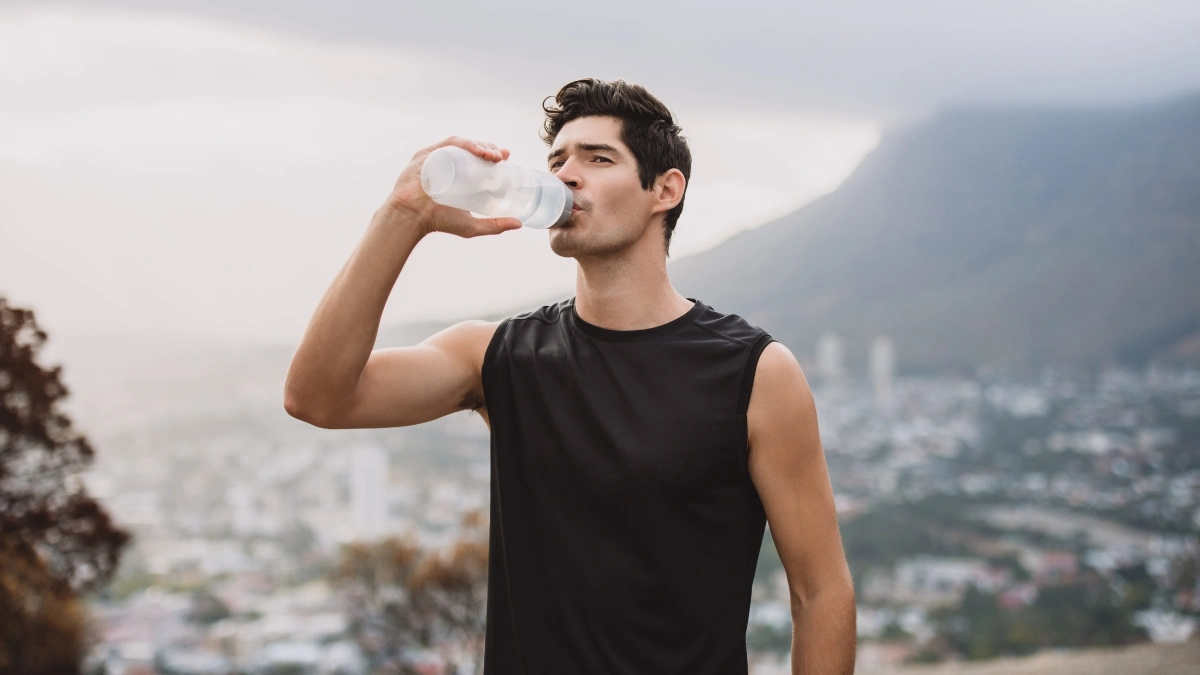
Alcohol is a major culprit when it comes to dehydration. It’s a diuretic, which means it increases fluid loss by making you urinate more often. Drinking without balancing it with water can leave you dehydrated, leading to headaches, dry mouth, or fatigue.
Limit alcohol intake, especially during social events or long evenings. For every glass of wine, beer, or cocktail, drink a glass of water alongside it. This reduces alcohol’s dehydrating effects and helps you pace yourself.
The morning after, start your day with water or an electrolyte drink to replenish lost fluids. Staying aware of alcohol’s impact on hydration ensures your body recovers faster and avoids unnecessary strain.
15. Skipping Hydration During Short Walks or Low-Intensity Exercises
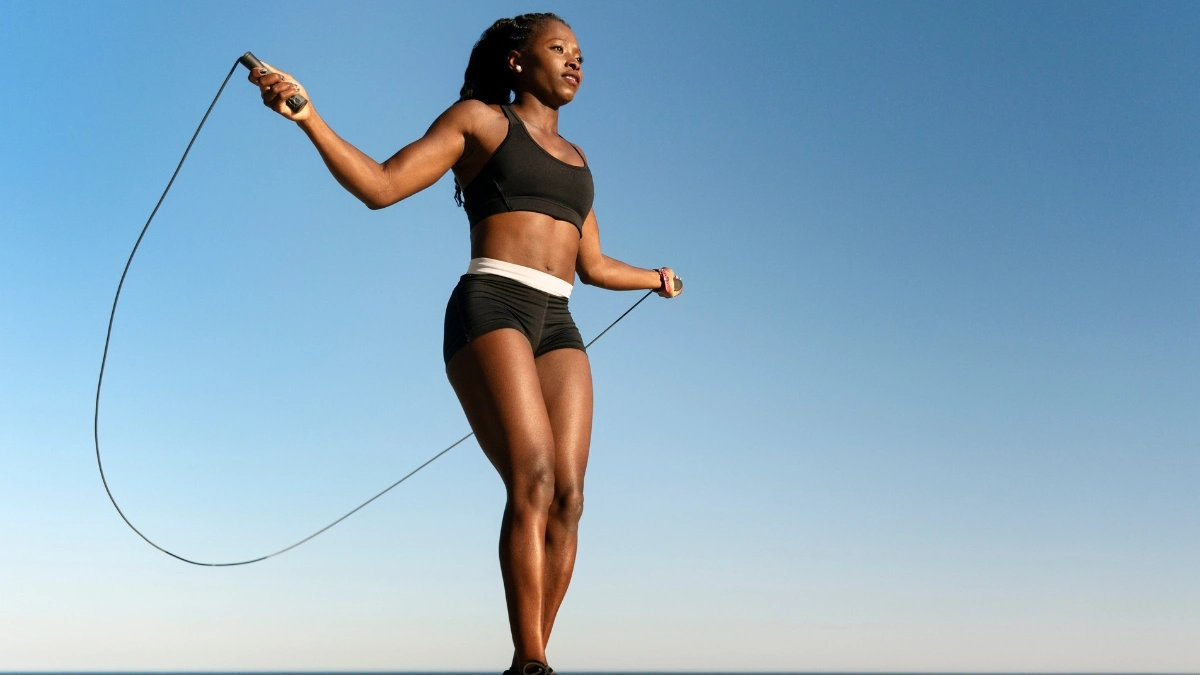
Short walks or light exercises may seem too mild to warrant hydration, but they still deplete fluids. Sweat loss might be less noticeable, but your body is still working and losing water through respiration and evaporation.
Keep a water bottle handy, even for brief activities. Drink small amounts before and after your walk or session to replenish fluids. If you’re out for longer, consider carrying a light, reusable bottle to sip along the way.
Adding water-rich snacks like oranges or cucumbers post-exercise can also help. Consistent hydration, even for light activity, supports muscle function and prevents fatigue. It’s a simple habit that goes a long way.
